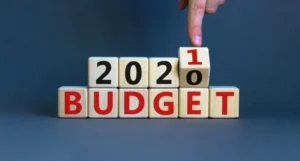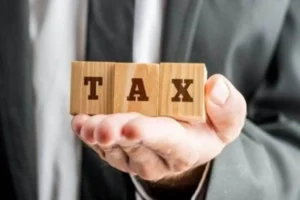
Vodafone and India’s Offshore Indirect Transfer Tax: The saga continues
Vodafone and India’s Offshore Indirect Transfer Tax: The saga continues In September 2020, the Permanent Court of Arbitration at The Hague issued award in favor

Vodafone and India’s Offshore Indirect Transfer Tax: The saga continues In September 2020, the Permanent Court of Arbitration at The Hague issued award in favor

Introduction In what could be labelled as the world’s worst economic deceleration since the great depression in 1930’s, the world economy is 2020 is expected

Introduction One of the key reasons highlighted by OECD imploring the urgent need for consensus on digital tax under its Inclusive Framework were the repercussions

All eyes will be on Finance Minister Nirmala Sitharaman on February 1 when she presents the Union Budget 2021 considering the grim legacy of 2020

The effect of the pandemic has not been confined to health and has extended to other interesting debates in various fields of law. One issue

What follows is an attempt to view the facts of the case[4] and Court’s observations from the lens of global transfer pricing framework. A brief overview

OECD has not been able to get a consensus as its one-size-fits-all approach is fundamentally at odds with the inherent attributes of the digital industry

The onset of the goods and services tax, notwithstanding its tax-unification benefits and reformative impact, has been mired in controversies. Especially, the wide-ranging disputes in

The Permanent Court of Arbitration at The Hague has issued its award allowing the claim of Vodafone against the Government of India. The award marks

Last week, the PM unveiled the Taxpayer Charter with a twin-fold document containing 14-point obligations of the Revenue and 6-point duties of the taxpayer. While